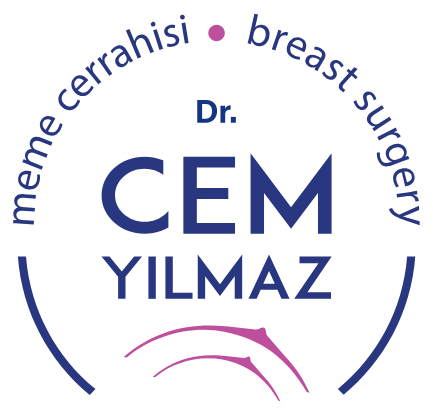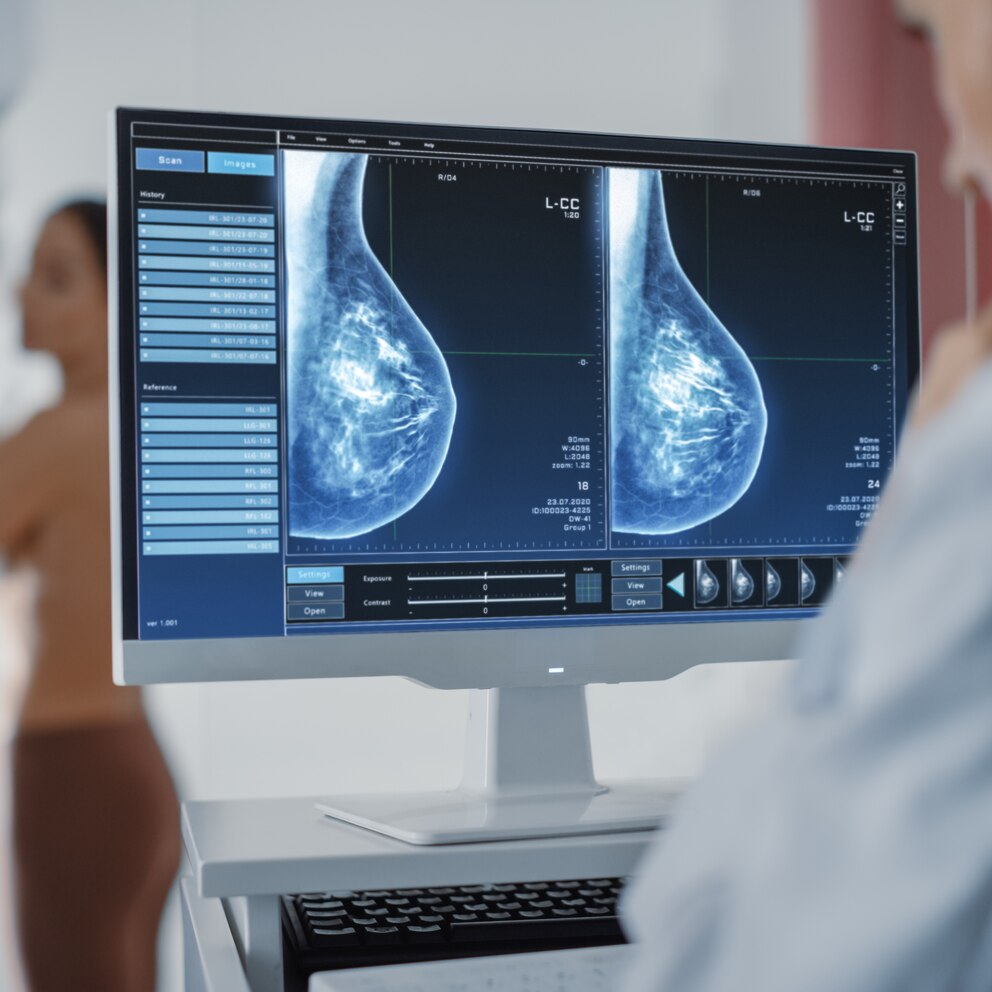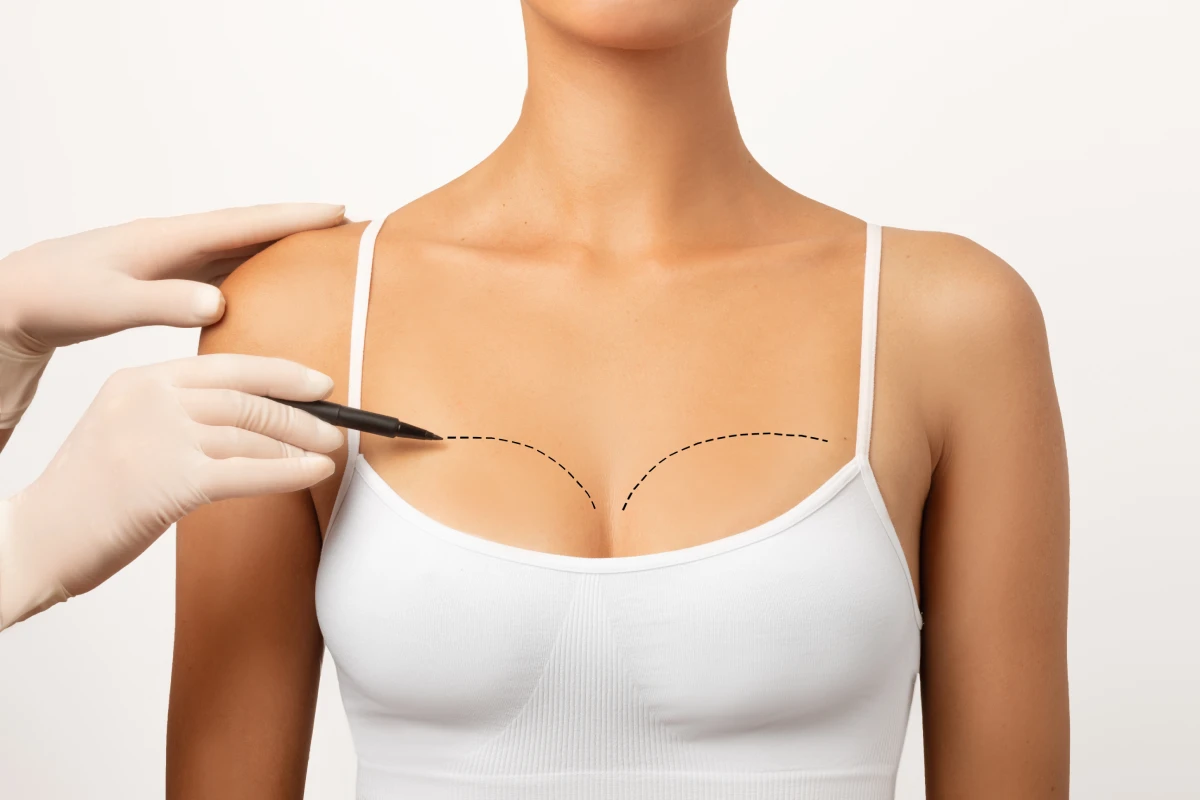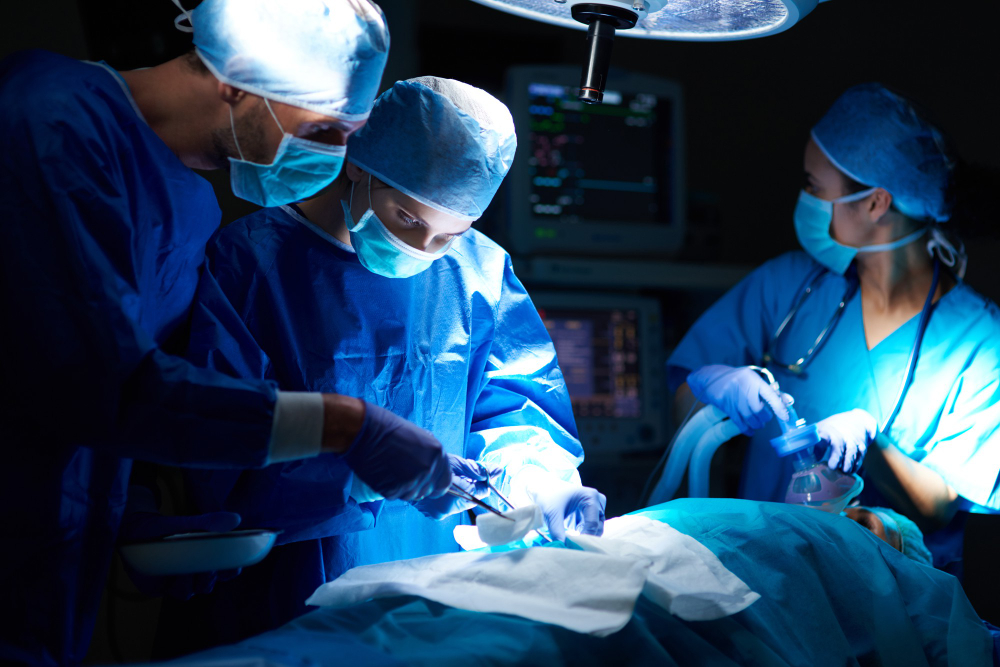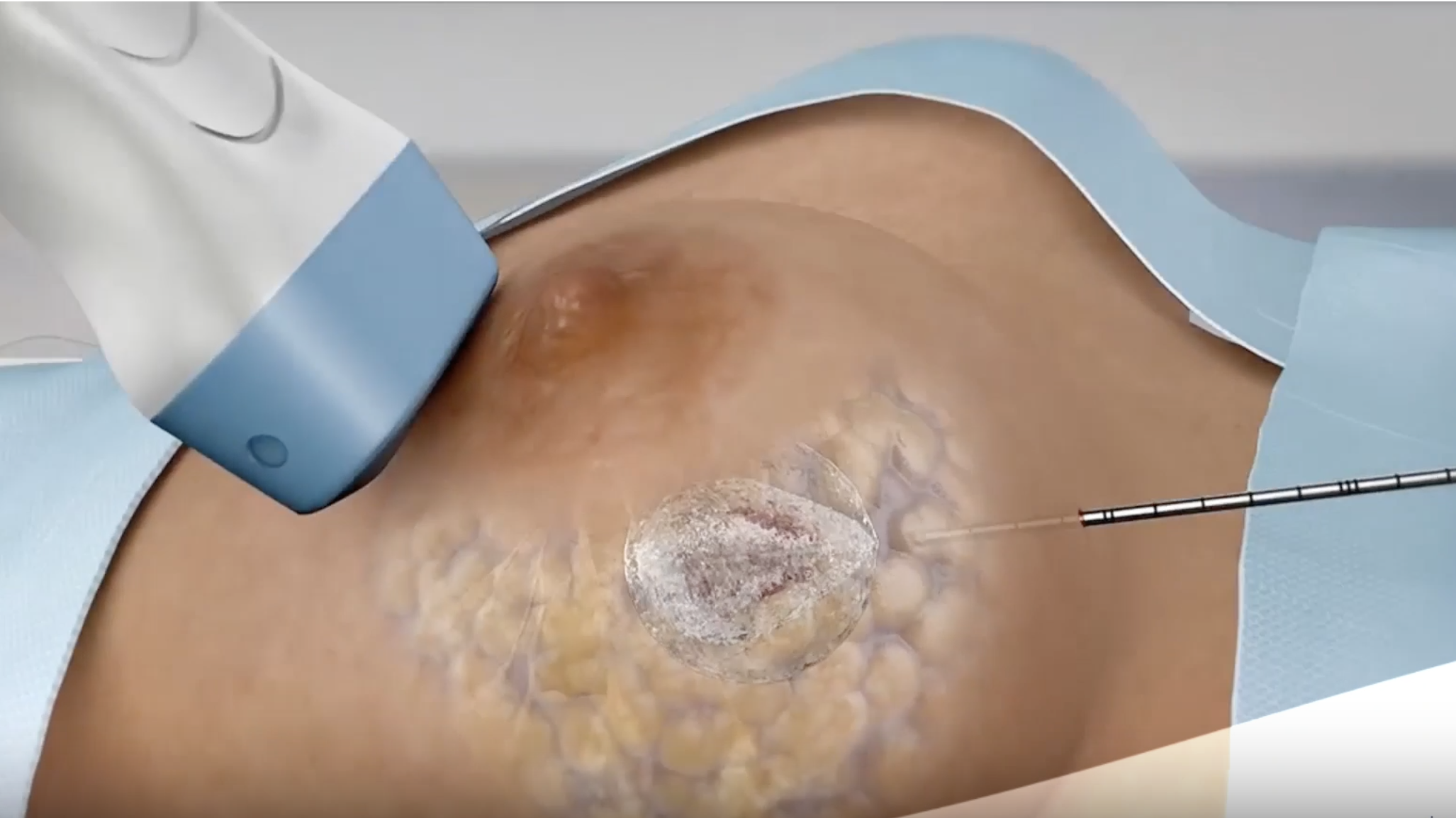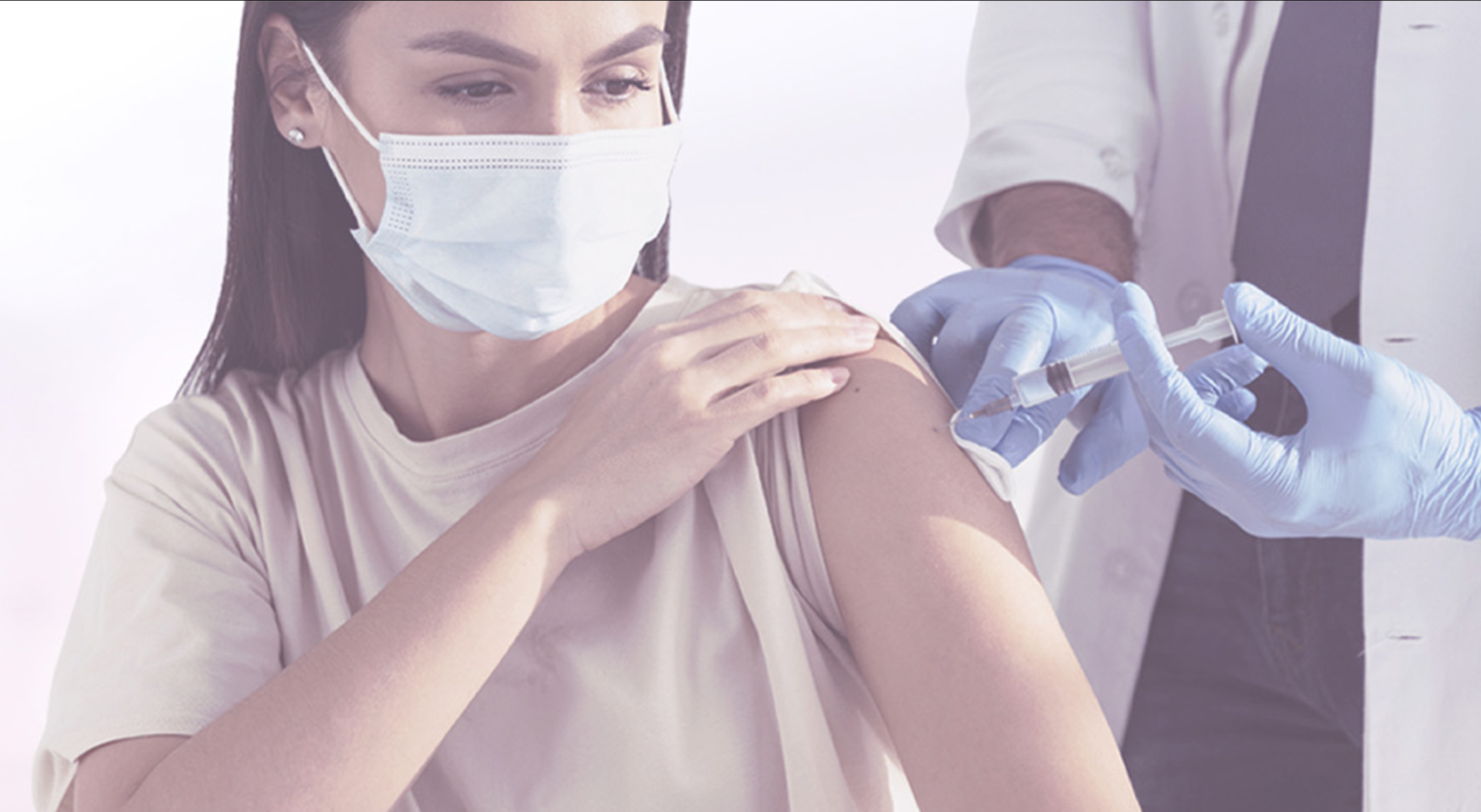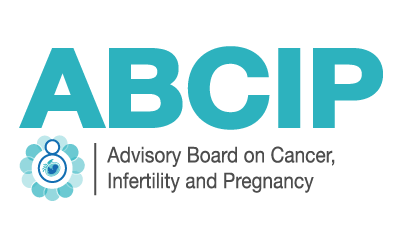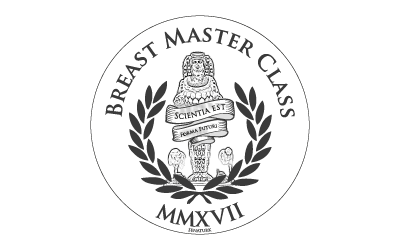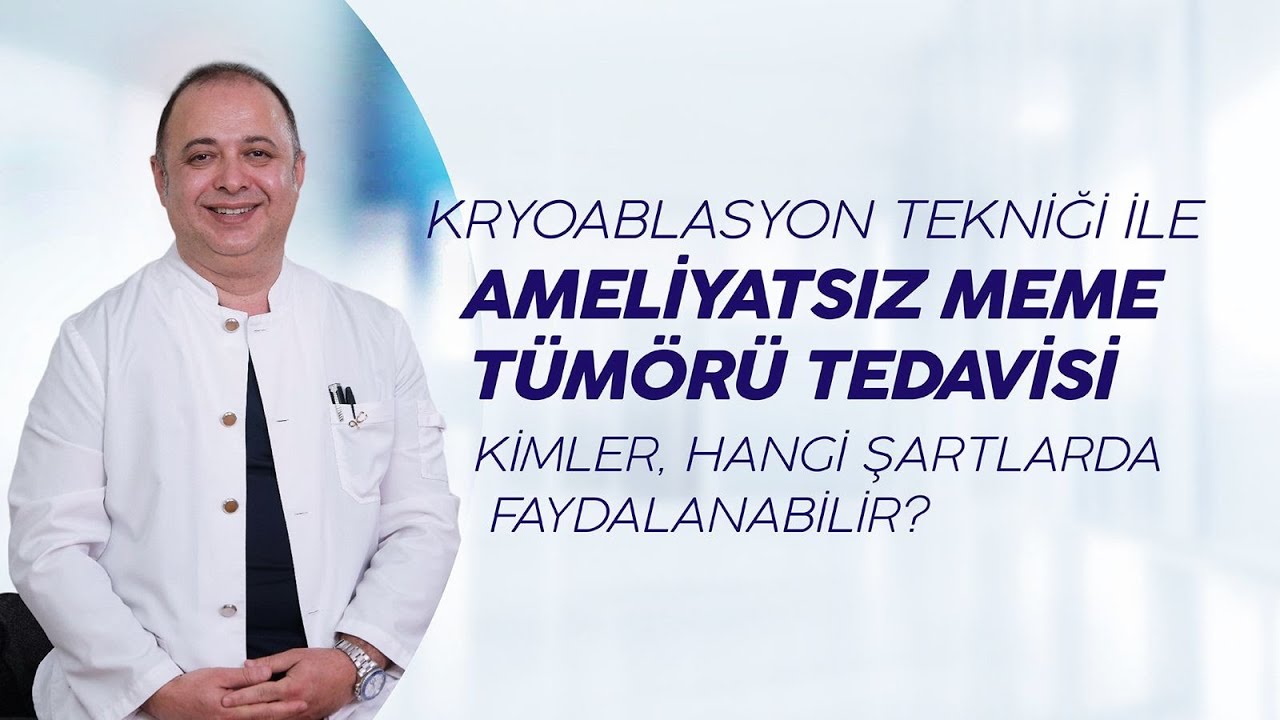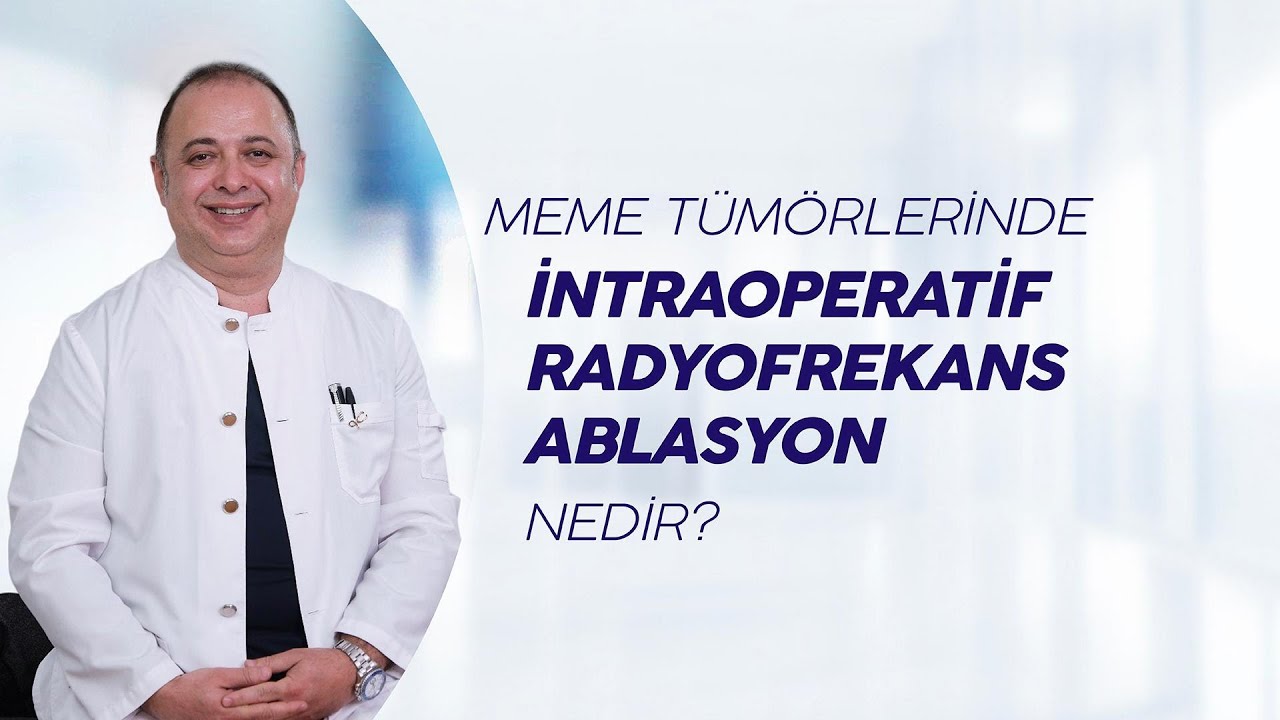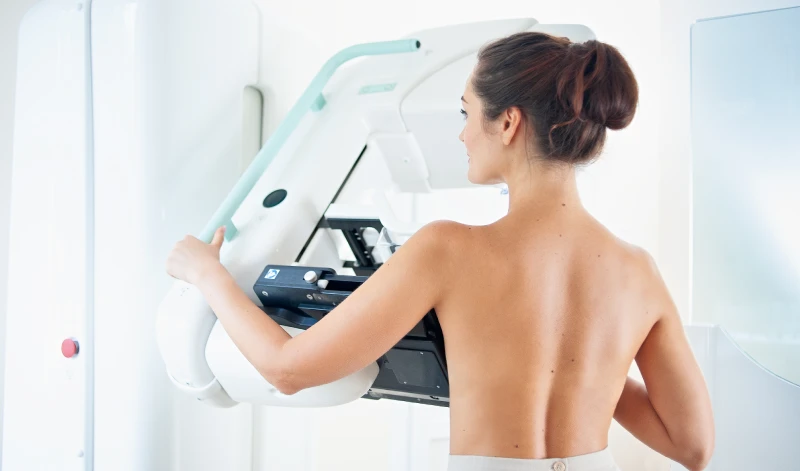Saturday: 08:00 - 14:00

Founding Director of the Breast Center
She has been working as the founding director of the Breast Health Center at Istanbul Oncology Hospital within the breast center. (Since December 2020)
Academic Background
Specialization at Ankara Numune Hospital, 2nd Surgery Clinic
Breast and Endocrine Clinic
Ankara University Faculty of Medicine
Faculty Member of the European Academy of Senology (EAoS – European Academy of Senology)
She provides training on breast surgery techniques, the establishment of cancer centers, quality standards in cancer centers, and cancer center management within the academy.
Breast Master Class
Provides advanced training for physicians on breast surgery and ultrasound-guided breast examination and surgical techniques.
Sena Project
Since 2010, she has been leading the Sena Project with the vision of establishing breast health centers in Turkey at the highest internationally recognized standards, training physicians, nurses, and support staff in this field, and raising public awareness.
Continuation >>
- Observe in Front of a Mirror: Check for breast shape, symmetry, skin changes, or any discharge.
- Perform a Self-Exam: Use light pressure and circular motions to check for any lumps or hard areas.
- Use Hormone Therapies Under Medical Supervision: Long-term hormone therapy may increase the risk of breast cancer.
- Avoid Smoking and Alcohol: Tobacco and excessive alcohol use may increase the risk of breast cancer.
Breast cancer risk depends on many factors, including family history, genetics, age, lifestyle, and hormonal changes. Regular doctor checkups, mammograms, and, when necessary, genetic testing are recommended to assess your risk.
Breast surgery encompasses surgical interventions performed to diagnose and treat benign or malignant breast tumors. The most common procedures include breast cancer, benign masses such as fibroadenomas, cyst removal, and breast reduction or augmentation. Surgical intervention can also be used to treat infections or structural abnormalities in the breast.
If breast cancer is suspected, a biopsy is performed first. If the diagnosis is confirmed, the type of surgery varies depending on the stage and extent of the cancer. The most common procedures include lumpectomy (removal of only the tumor) and mastectomy (removal of the entire breast). If necessary, the lymph nodes under the arm are also removed. These procedures are often complemented by oncoplastic surgical techniques for aesthetic purposes.
Yes, the risk of cancer recurrence after breast surgery isn't completely eliminated. However, this risk can be minimized through complete tumor removal, chemotherapy, radiation therapy, and hormone therapy. Regular checkups with a doctor and follow-up procedures like mammograms and ultrasounds help detect recurring problems early. The surgeon's procedure is a key factor in determining how low this risk will be.


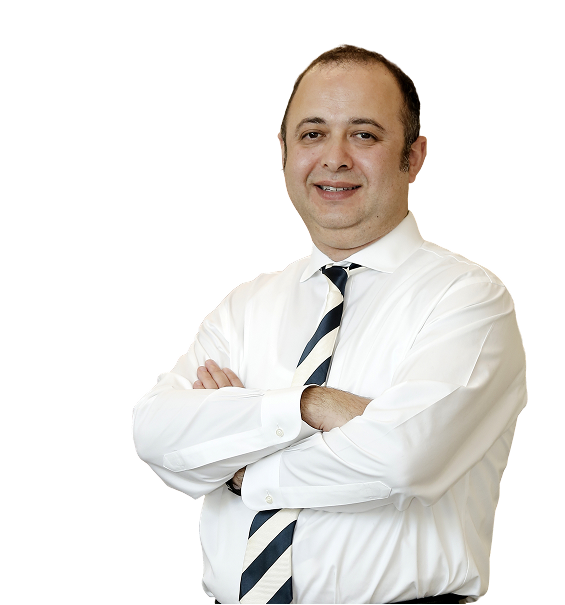


Contact: Ayşegül Uzun Şahin 0549 836 23 48










